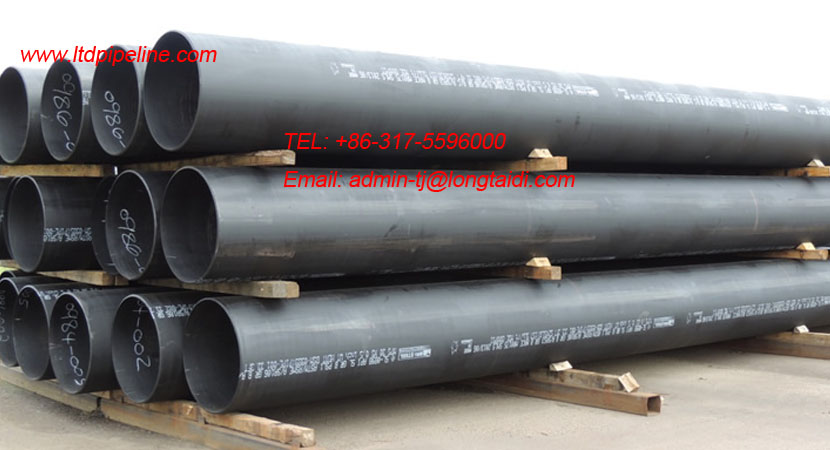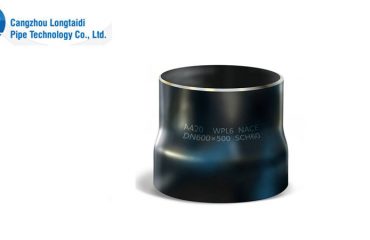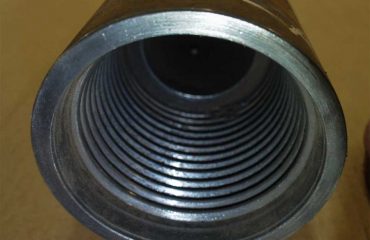
NACE was established since 1943, full name is The National Association of Corrosion Engineers. The founders were 11 engineers of anti-corrosion of pipeline industry.
Till now, NACE has been the largest organization to broadcast knowledge of anti-corrosion and improve skills of corrosion prevention.
In NACE standards, MR0175 is the standard of material requirements for H2S containing oil and gas production and equipment.
As a result, Nace pipe is used in H2S containing gas and oil transportation.
NACE International has developed two significant standards relative to the use of materials in hydrogen sulfide bearing environments. One is titled MR0175/ISO 15156, Petroleum and Natural Gas Industries – Materials for use in H2S-containing Environments in Oil and Gas Production; and the other is MR0103, Materials Resistant to Sulfide Stress Cracking in Corrosive Petroleum Refining Environments. Hydrogen sulfide is not only a poisonous gas, but can also cause stress corrosion cracking in steels and alloys. These standards define material conditions that are suitable for use in given hydrogen sulfide service conditions.
When NACE MR0175 was modified and co-issued as ISO 15156 in 2003, the restrictions on hardness changed from being listed by individual alloys to groups of alloys. Stainless steels and several of the higher alloys supplied by Rolled Alloys are suitable for use in hydrogen sulfide environments and may be ordered to satisfy these requirements.
NACE MR0175/ISO 15156 provides common rules, gives suggestions and requirements to select qualified steel materials, that served in equipment used in oil and gas production, and in natural gas sweentening plants in H2S-containing environments. Where if such equipment failed could make a risk to human health and safety, and damage to the environment.
It is also a federal standard in US as recognized as ISO 15156, for Petroleum and natural gas industries that materials applied in H2S-containing environments in oil and gas production.
Carbon and alloy steel containing up to carbon and up to manganese and residual quantities of other elements, except those intentionally added in specific quantities for deoxidation (usually silicon and/or aluminum)
In standard NACE MR0175 carbon steel pipes and fittings material used in petroleum industry usually contain carbon less than 0.8%.
Carbon and low alloy steels includes plate, pipe, pipe fitting that complied with NACE MR0175, with stated exceptions, further SSC testing is not required. Nevertheless, any SSC testing that forms part of a materials manufacturing specification shall be carried out successfully and the results reported.
NACE MR0175 pipe and fittings Applications
The material shall be used in water-containing liquid and media which include all kinds of gas, or H2S containing crude oil, the H2S absolute partial pressure ≥0.0003 Mpa (0.05 psia).
On the other hand, under these conditions there is no need apply to MR0175. (It’s up to users.)
a. Low pressure gas: the total pressure is lower than 0.4 MPa (65 psia).
b. Low pressure gas and oil multi phases media: the total pressure is lower than 1.83 MPa.
MR0175 standards of general material requirements for selecting of cracking-resistant material, cracking-resistant carbon and low-alloys steels, cast irons, cracking-resistant alloys and other alloys. And details requirements for H2S containing equipment.



You must be logged in to post a comment.